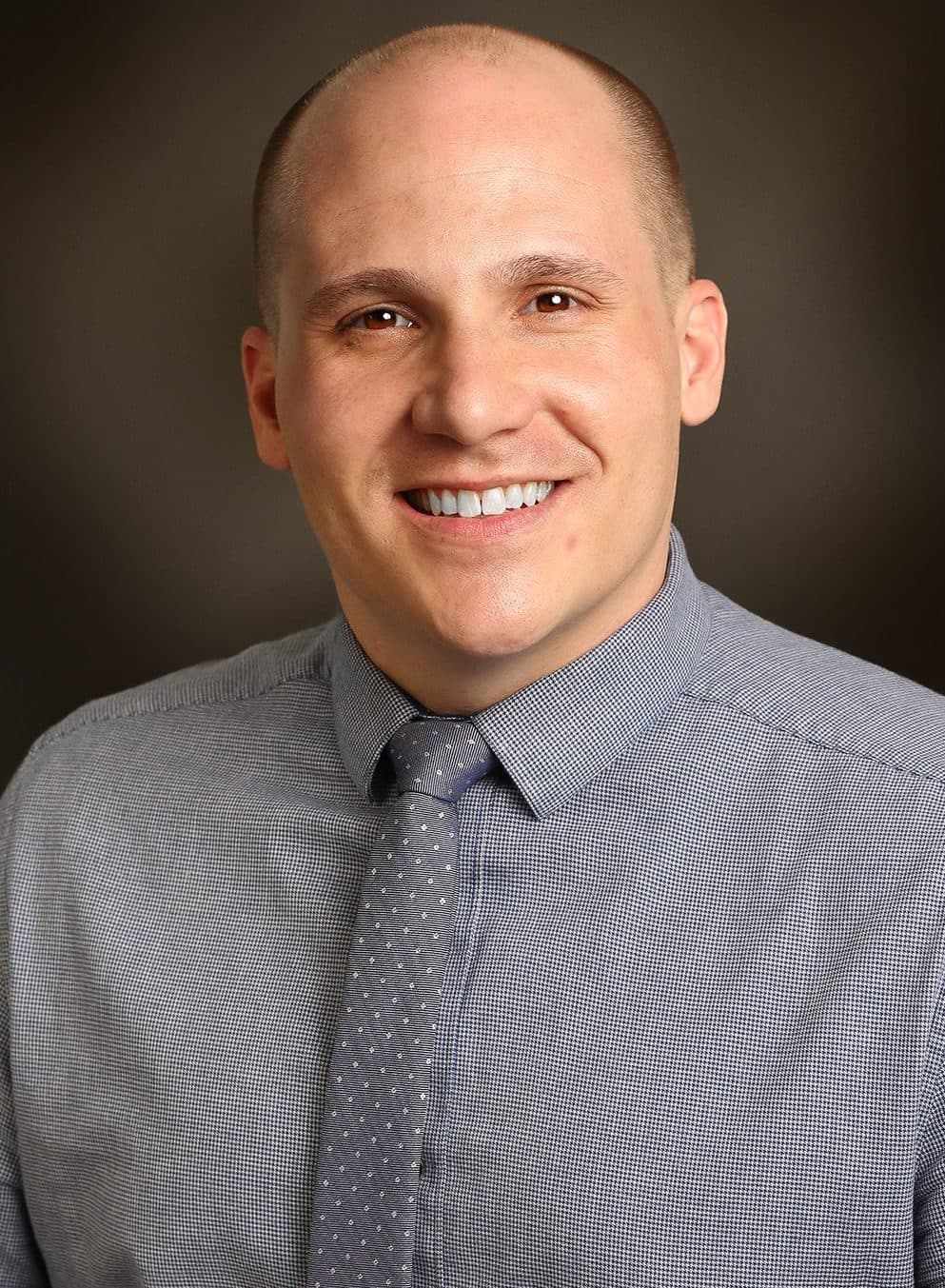
2025-04-15T10:50:37
Safe Sleep Aids for Kids
- Pediatrics
May 31, 2019 | Pediatrics

Epilepsy is a brain condition that causes recurring seizures and affects about 3 million people in the United States—450,000 of which are children and teens. Most children can maintain a normal life with epilepsy, but it’s crucial that parents educate their child’s caregivers, friends and teachers about the condition and what they can do to help.
Children with chronic health conditions need information to help both them and their friends understand what they are going through. These children also need to know that they are loved and supported just like everyone else.
Don’t be afraid to have open, honest conversations with your child about epilepsy or talk to them about how they feel. Encouraging your child to ask questions is also an important part of this process, and it lets you know what is on their mind. If you don’t know the answer to a question, make a note to discuss it with your child’s doctor.
As your child becomes more independent and wants to do things on their own, make a written plan with your child’s doctor outlining what others can do if your child has an episode. Give this plan to other parents in your neighborhood, babysitters and teachers, and always have copies on hand.
Although epilepsy is a common brain disorder in children, many caregivers, teachers and classmates may not fully understand epilepsy. Before starting your child at a new daycare center or extracurricular activity group, or during the summer before school starts, schedule an appointment to talk to the adults who will be interacting with your child about epilepsy and what to do if your child has a seizure. The Epilepsy Foundation provides a helpful outline that you can use to help keep track of pertinent information.
You may also want to educate your child’s classmates or friends at daycare. Seizures can be frightening for those who are watching and may be embarrassing to your child, and when other children understand what is happening, they are less likely to tease or bully. Educating your child’s peers about epilepsy can also keep your child safer should a seizure occur.
Childhood epilepsy is typically manageable through medications and treatment, and many children outgrow seizures by the time they are a teenager. The American Academy of Pediatrics and The Epilepsy Foundation have a lot of information for parents and children about living with epilepsy. Free training programs are available through EF for school professionals and caregivers, for example, and the EF offers epilepsy education programs for middle and high school students. The Centers for Disease Control and Prevention also has a health website for 9 to 12-year-olds that includes information on epilepsy written at a level that kids can understand.
If you have any questions or need help supporting your child with epilepsy, reach out to your child’s doctor.
“Epilepsy in Children: Diagnosis & Treatment.” HealthyChildren.Org, from the American Academy of Pediatrics.
https://www.healthychildren.org/English/health-issues/conditions/head-neck-nervous-system/Pages/Epilepsy-in-Children-Diagnosis-Treatment.aspx
“Epilepsy in Children.” The Centers for Disease Control and Prevention.
https://www.cdc.gov/features/epilepsy-in-children/index.html

WRITTEN BY:
The Live Better Team

2025-04-15T10:50:37

2024-10-04T23:15:22

2023-07-31T14:29:37

2022-11-21T11:35:42
This information is not intended to replace the advice of a medical professional. You should always consult your doctor before making decisions about your health.